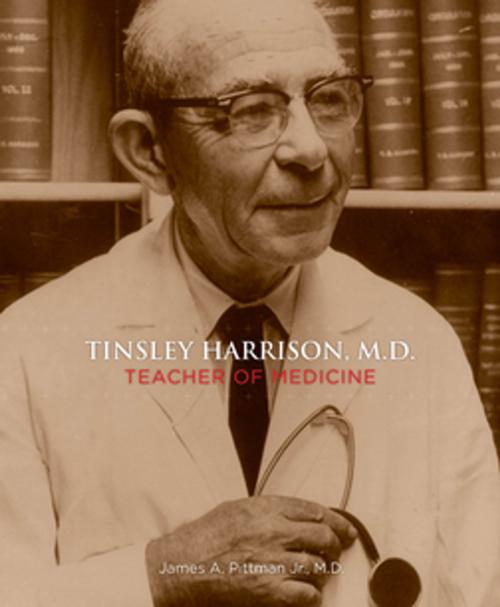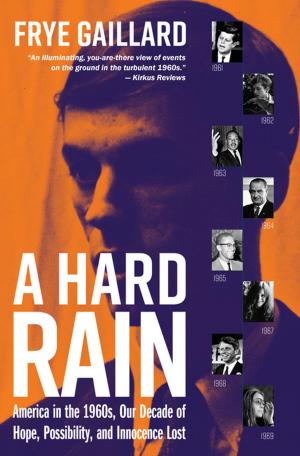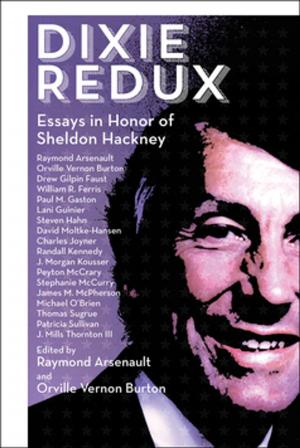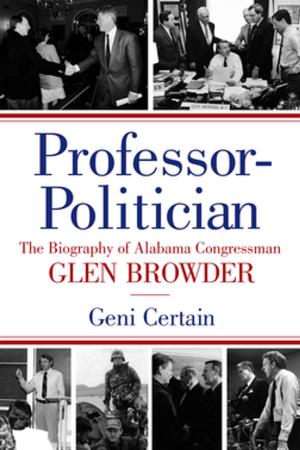| Author: | James Pittman Jr., MD. | ISBN: | 9781603062510 |
| Publisher: | NewSouth Books | Publication: | March 1, 2013 |
| Imprint: | NewSouth Books | Language: | English |
| Author: | James Pittman Jr., MD. |
| ISBN: | 9781603062510 |
| Publisher: | NewSouth Books |
| Publication: | March 1, 2013 |
| Imprint: | NewSouth Books |
| Language: | English |
Tinsley Harrison -- doctor, teacher, researcher, medical school leader -- is one of the most important medical figures of the 20th century. He edited the first five editions of Harrison’s Principles of Internal Medicine, regarded as a quintessential medical text and perhaps the best-selling medical textbook of all time. He traveled the world in his capacity as a teaching doctor, made significant contributions to scholarship, and served as the dean/medical chairman at four medical schools. He is a titan of the field, an enormous presence central to the narrative of American medicine. Author Dr. James Pittman knew Harrison well, studying and teaching with him from the 1950s until Harrison’s death. Pittman spent six years interviewing Harrison near the end of Harrison’s life, and these lengthy interviews, as well as interviews with his colleagues, family and friends, form the bulk of the scholarship of this compulsively readable book. Pittman brings his own medical knowledge to the fore, as well as his personal friendship with the subject, in this beautifully written character study of one of science’s great but not well-known men. Harrison lived a long, exciting life, and in these pages, readers will get a glimpse of the historical forces that shaped and in turn were shaped by this legendary doctor.
Tinsley Harrison -- doctor, teacher, researcher, medical school leader -- is one of the most important medical figures of the 20th century. He edited the first five editions of Harrison’s Principles of Internal Medicine, regarded as a quintessential medical text and perhaps the best-selling medical textbook of all time. He traveled the world in his capacity as a teaching doctor, made significant contributions to scholarship, and served as the dean/medical chairman at four medical schools. He is a titan of the field, an enormous presence central to the narrative of American medicine. Author Dr. James Pittman knew Harrison well, studying and teaching with him from the 1950s until Harrison’s death. Pittman spent six years interviewing Harrison near the end of Harrison’s life, and these lengthy interviews, as well as interviews with his colleagues, family and friends, form the bulk of the scholarship of this compulsively readable book. Pittman brings his own medical knowledge to the fore, as well as his personal friendship with the subject, in this beautifully written character study of one of science’s great but not well-known men. Harrison lived a long, exciting life, and in these pages, readers will get a glimpse of the historical forces that shaped and in turn were shaped by this legendary doctor.















